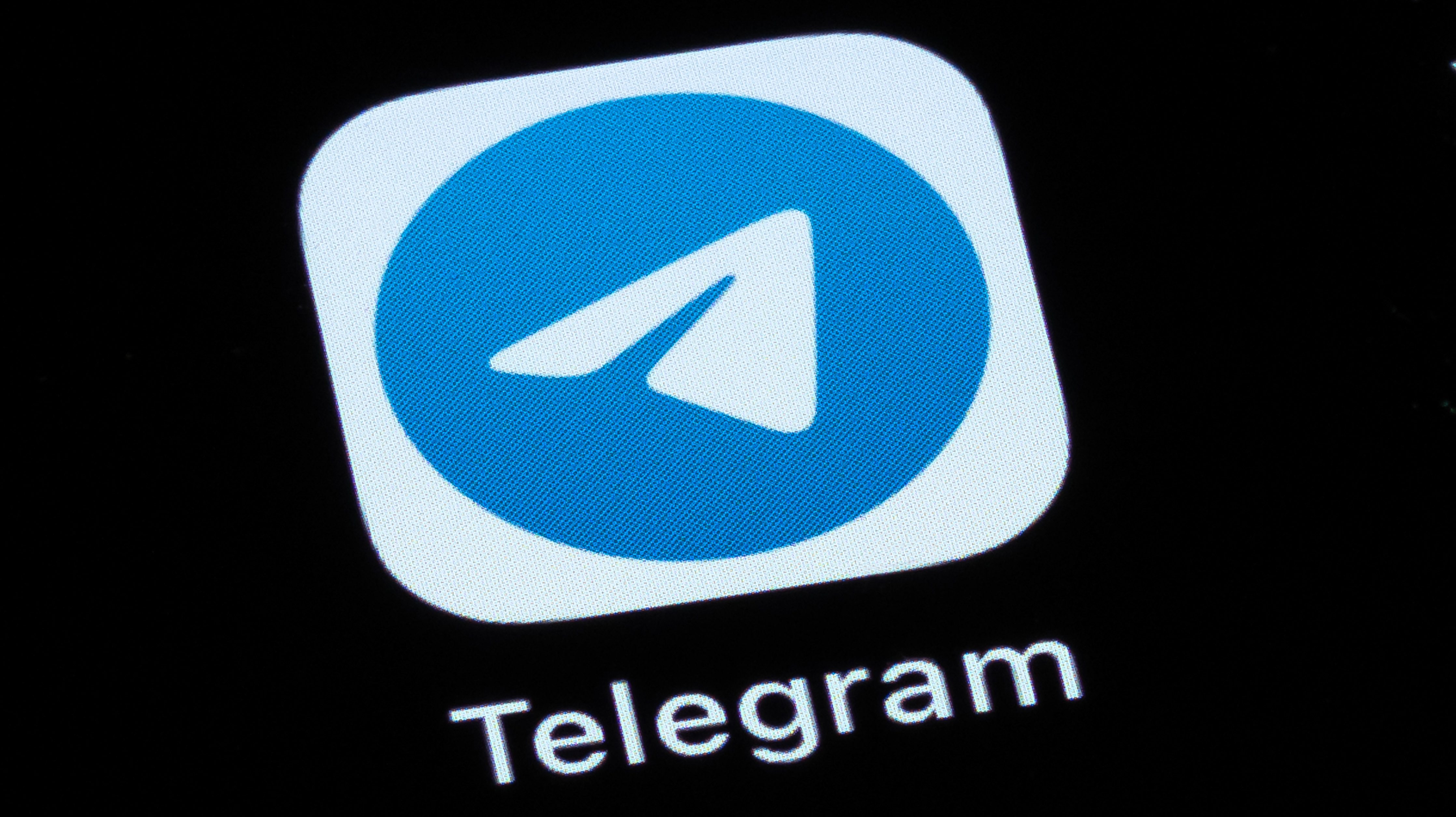President Obama said he wants to "seek a new beginning" between the U.S. and the world's 1.5 billion Muslims during a highly anticipated and wide-ranging speech in Egypt today.
Speaking for nearly an hour at Cairo University, Obama talked of the deep-rooted tension between Muslims and the United States in a 6,000-word speech -- and said he sought an era of tolerance and understanding to help reshape relations after the Sept. 11 attacks and the war in Iraq.
"I've come here to Cairo to seek a new beginning between the United States and Muslims around the world," Obama said. "This cycle of suspicion and discord must end."
Quoting from the Koran, Obama said there must be a frank dialogue between Muslims and the United States, saying, "Be conscious of God and speak always the truth."
"No single speech can eradicate years of mistrust. ... But I am convinced that in order to move forward we must say openly to each other the things we hold in our hearts," he said.
In the speech, Obama spoke of Israel, Iraq and the Sept. 11 attacks -- saying extremists have exploited the "great tensions" between the U.S. and Islam and are a "small but potent" minority of Muslims.
"America is not and will never be at war with Islam," he said to applause. "We will however relentless confront violent extremists. ... It is my first duty as President to protect the American people."
U.S. & World
News from around the country and around the globe
But Obama said he said he would "fight against negative stereotypes of Islam wherever they appear" and that Muslims must also defend against such generalizations about Americans.
"Just as Muslims do not fit a crude stereotype, America is not the crude stereotype of a self-interested empire," he said.
Obama met with Egyptian President Hosni Mubarak before his speech at Cairo University, a talk he had been promising since the election campaign.
The president's brief stay in Cairo also was to include a visit to the Sultan Hassan mosque, a 600-year-old center of Islamic worship and study, and a tour of the Great Pyramids of Giza on the capital's outskirts. Aides said the schedule also would afford Obama time to talk to Egyptian journalists and young people.
And lest any miss Obama's outreach, the tech-savvy White House pulled out its heavy weapons: a live Webcast of the speech on the White House site; remarks translated into 13 languages; a special State Department site where users could sign up to get — and answer — speech highlights; and plans to push excerpts out to social networking giants MySpace, Twitter and Facebook.
One likely listener replied early: Osama bin Laden, who in a new audio tape accused Obama of sowing "new seeds to increase hatred and revenge" by encouraging Pakistan's military offensive in the Swat Valley. White House press secretary Robert Gibbs dismissed the tape as a bid "to shift attention away from the president's historic efforts."
Though the speech was co-sponsored by al-Azhar University, which has taught science and Quranic scripture here for nearly a millennium, the actual venue was the more modern and secular Cairo University. The lectern was set up in the domed main auditorium on a stage dominated by a picture of Mubarak.
Human rights advocates found that symbolism troubling: an American president watched over by an aging autocrat who's ruled Egypt since 1981.
Ahead of the speech, al-Zawahri posted his own Internet video warning that Obama's words cannot drown out the "bloody messages" sent by the wars in Iraq and Afghanistan.



